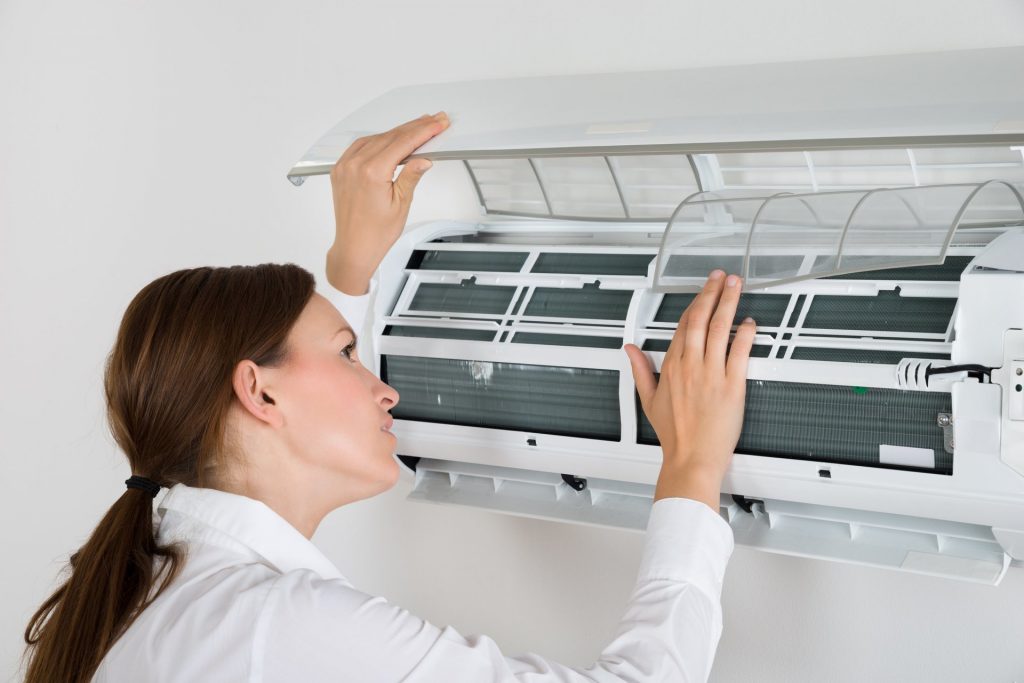 Whether most of your home appliances came with the property you purchased or you’ve invested in new appliances for your home, chances are you’re interested in ways to keep them operating at optimal levels for as long as possible. Replacing a major domestic appliance, like a washing machine or a refrigerator, is a major expense that most homeowners haven’t budgeted for, but it isn’t only the expenses involved, it’s also the feeling of not having got your money’s worth that really stings.
Whether most of your home appliances came with the property you purchased or you’ve invested in new appliances for your home, chances are you’re interested in ways to keep them operating at optimal levels for as long as possible. Replacing a major domestic appliance, like a washing machine or a refrigerator, is a major expense that most homeowners haven’t budgeted for, but it isn’t only the expenses involved, it’s also the feeling of not having got your money’s worth that really stings.
To maximise the investment you’ve made in quality household appliances, take note of the following tips. As you’ll quickly realise, ensuring your home appliances provide you with many years of good service isn’t only about buying high-quality items, it’s also about taking the right measures to keep them in top condition. Here are four ways to help you extend the lifespan of your home appliances.
One – Keep Your Appliances Clean
All household appliances, from the fridge/freezer to the oven and the washing machine, operate at their best when they’re kept clean and free of dust, dirt, food and other substances that can impede their ability to operate at optimal levels. Here’s a quick look at how to clean your kitchen appliances.
Refrigerator – Naturally, you should clean your fridge regularly, but there are some areas that are more important to focus upon than others, especially the gaskets and the refrigerator coils.
The gaskets are the plastic strips on the doors that form a seal with the fridge when closed. When cleaning the fridge, wipe the gaskets clean to remove all residue to keep your fridge cold, enable it to conserve energy and ensure it doesn’t work harder than it needs to. You should also vacuum the coils at the rear of the fridge periodically to remove dust which can restrict airflow and could cause it to overheat and possibly break down.
Oven and Stovetop – It’s tempting to postpone cleaning a messy oven until later, but experts advise not postponing cleaning as stains and grease can cause problems that could prevent it from working properly. Baked on grease can catch fire in the oven and result in a thermostat function that could see any oven-baked meals not turning out as expected. Stovetops should also be cleaned before any spilt food gets burned onto the hotplates and prevents them from working at maximum capacity.
Opinions differ regarding the use of foil in ovens, though if you do use aluminium foil to prevent mess from accumulating on the bottom of the oven, ensure it doesn’t come loose when using the fan-forced feature. The foil can get pulled back up against the fan, preventing it from circulating air and causing it to work harder, and in some cases, get pulled into the fan where it can cause damage.
Keeping home appliances clean is a major factor in keeping them working at their best for longer, with the best time to clean up spilt foods and liquids not later on, but right away.

Two – Repair Appliances Immediately
The moment you notice a problem with a household appliance, stop using it and look for the problem, provided you feel confident enough to do so. However, if you don’t, call a local provider of domestic appliance repairs promptly to inspect it, diagnose the problem and implement a solution. Sometimes it’s a minor problem that doesn’t require the skills and expertise of an appliance repair expert, though in other situations, you’d be wise to let a professional resolve the problem.
For example, if you notice your washing machine is making banging noises during the spin cycle, get online and look for a solution. You may find after watching a YouTube video that the problem is as simple as one of the feet requiring an adjustment so that the machine sits level. However, if you can’t find a simple solution to the problem, you’ll need to call a local domestic appliance specialist.
Three – Periodic Appliance Maintenance/Inspections
Along with keeping household appliances clean and having issues seen to immediately by a local specialist, it’s also in your best interests to have them inspected periodically to check for any impending issues. For example, a household appliance specialist can inspect your washing machine to identify any signs of wear and tear that need attention, along with any other problems waiting to happen. Here are a few of the things that they’ll check for when they inspect your washing machine:
- Check the spin and agitate speeds to ensure they’re working correctly
- Check tub, drain pipe and hoses for leaks and signs of wear and tear
- Inspect the electrical system for grounding and secure connections
- Check the wash settings, including water temperature and fill cycle
Additionally, they’ll also check to ensure the machine is level and advise you on your machine’s cleaning requirements, including the lint collector and other areas that require periodic cleaning.

Four – Use Appliances Properly
Home appliances are built to last and serve you throughout the warranty period, but if you treat them like heavy-duty commercial appliances, you simply won’t get your money’s worth from your household appliances. You should also follow the owner’s manual that comes with your appliances as this guide outlines how they should be used, cleaned and maintained, because if you don’t, not only might you reduce the appliance’s lifespan, but you could also invalidate the manufacturer’s warranty.
- Don’t overload the washing machine, as the more clothes stuffed into the tub, the more energy it expends to wash them, putting the motor and parts under greater strain.
- When loading the dishwasher, be careful not to damage the racks as these can be very costly to replace. In some cases, replacing the racks can cost nearly as much as a new dishwasher.
To get the most out of your investment in high-quality home appliances, keep them clean and free of substances that can impede their ability to work properly, have repairs and maintenance carried out by a domestic appliance specialist and follow the instruction manual, that little book that comes with all household appliances that explains how to keep them working at optimal levels for longer.







